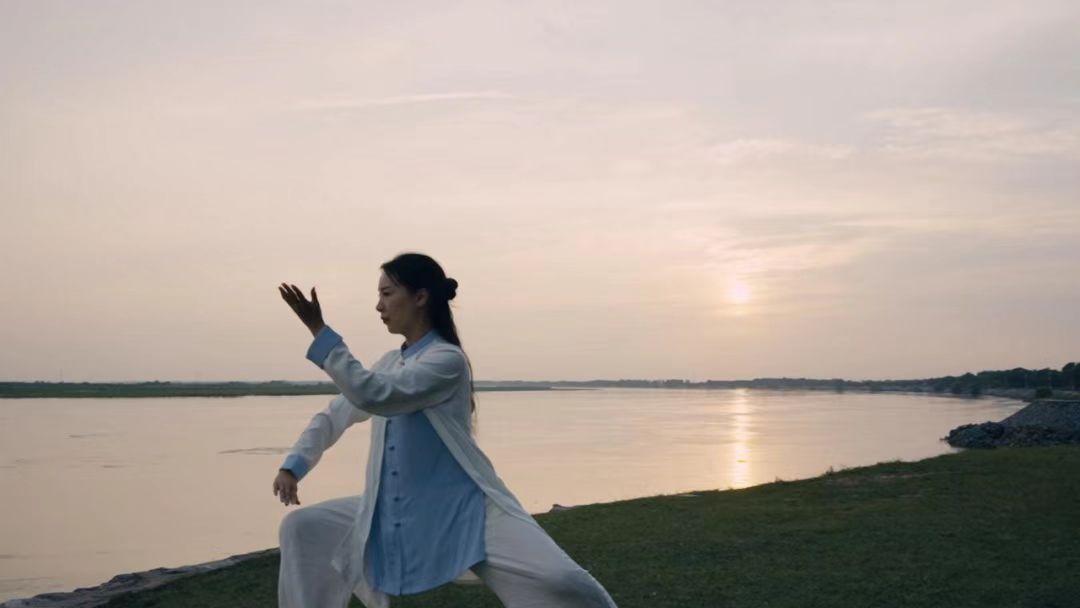




- BRNN
- BRI News
- BRNN News
- Database
Official Documents Polices and Regulations
Inter-government Documents International Cooperation BRI Countries
Business Guide Economic Data BRI Data
Trade
Investment Projects Latest projects
Cases - Content Pool
Li Linghui is a 13th-generation inheritor of the Chen-style Tai Chi, or Taijiquan in Chinese. Born in the 1990s in Chenjiagou village, Wenxian county, central China's Henan Province, which is known as the "hometown of Tai Chi," Li said that even some children in the village are skillful Tai Chi practitioners.
Growing up in a family where Tai Chi has been practiced, Li has been practicing the routines since she was a child. However, as a young girl, she couldn't quite grasp why this slow and gentle martial art didn't seem to have much bite. It wasn't until one day when her mother, Chen Chun'ai, a top Tai Chi master, challenged her to a few moves. Li, confident and prepared, was taken by surprise when her mother's expert technique effortlessly threw her off balance.

Li Linghui practices Tai Chi. (Photo/Dahebao)
"Who says Tai Chi can't hold its own in a fight? It was getting 'schooled' by my mom that made me truly appreciate Tai Chi," Li said. As she grew older, Li started to grasp the wisdom of Tai Chi - the art of channeling energy, the balance between gentleness and power, and the latent strength within calmness.
In 2020, the United Nations Educational, Scientific and Cultural Organization (UNESCO) inscribed China's Taijiquan on the Representative List of the Intangible Cultural Heritage of Humanity. Two years later, Li left her job as a university teacher to start a social media account dedicated to promoting Tai Chi culture.
Nowadays, Tai Chi is less about fighting and more about helping people grow personally. Li takes her camera gear to stunning natural settings – mountains, rivers, lakes, and seas – to practice Tai Chi.
As the lens capture her, it's like her body and soul are in harmony with the surroundings, merging tranquil landscapes with graceful movements. Additionally, Li innovatively infuses Tai Chi into unexpected realms like street dance and rap, leaving online users in awe of the newfound coolness of this ancient practice.
"In today's fast-paced society, the demand for relaxation and self-healing is increasing," Li said. She believes that by leveraging online platforms and understanding public emotions, she can utilize the wisdom of Tai Chi culture to help people ease confusion and establish a closer link between intangible cultural heritage and daily life.
Li now has over 600,000 followers across online platforms, 10 percent of which were born after 2000. She often finds foreign tourists excitedly mimicking her Tai Chi moves while she is out shooting. In the future, Li hopes that she can help more elderly martial arts masters pass down intangible cultural heritage through the internet.

Tel:86-10-65363107, 86-10-65368220, 86-10-65363106